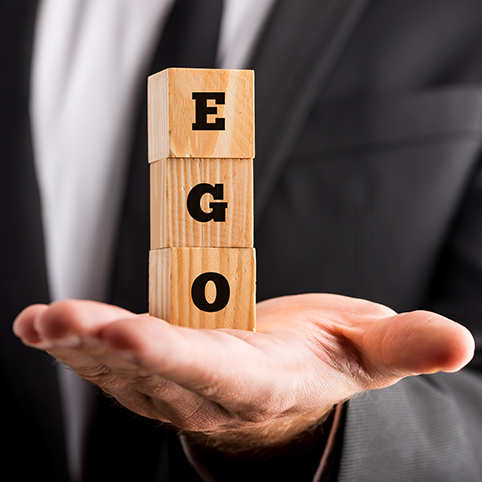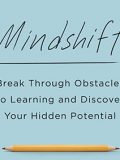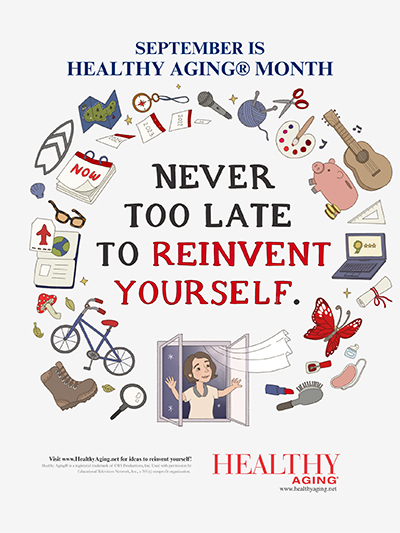
Photo: Deposit Photos
Is your ego in charge of your life? Does your sense of self-importance cloud how you react to your family, friends, work associates, and neighbors?
Perhaps, you need an ego tune-up.
Karen McGregor, a leadership and influence expert and author of the new book, The Tao of Influence: Ancient Wisdom for Modern Leaders and Entrepreneurs, debuting in June 2020, lays out a path—rooted in the ancient wisdom of the 4,000-year-old Tao Te Ching—for identifying and breaking the “power patterns” that undermine your influence, create dysfunctional relationships, and otherwise squelch your potential.
Although McGregor’s concepts are geared toward business leaders, you can pick up tips from her list of 10 common ego needs to look for in your own behavior and apply these to how you relate to others.
1. The need for approval.
Anytime you look for approval for something you have said or done, you are asking for validation of your worthiness from outside of yourself. But continuously seeking validation is like bringing water to a well that is always drying up. McGregor says that no matter how much praise or how many awards you receive over the years, it will never be enough to rid the mind of what A Course in Miracles calls “the tiny mad idea” that we are not enough as we are.
“Another downside to trying to get approval outside of yourself is that when someone does validate and praise you, your ego will set out to prove those people wrong,” she adds. “It might even convince you that you’re a fraud or failure, and it will have plenty of proof to back up its claims.”
2. The need to be right.
Trying to control others and needing to be right diminish our power and weaken our ability to influence. They take the life out of creativity and destroy new solutions to old problems before they get to see the light of day. After all, how can anything new come out of an insistence that we already know what to do?
Many of us recognize on a gut level when we’re defending our ego’s need to be right. We know we’re being stubborn and ornery, but we still can’t help it. We want to rid ourselves of the behavior, but we don’t know how. Recognizing where it comes from and how it develops can be helpful. Ask yourself: When did I first take on the belief that I am not okay? Or that there is something wrong or bad about me?
3. The need to control.
When abuse or neglect occurs at a young age, people can develop a deep fear that they won’t have any control in their own lives. It’s a fear that tells them that if they don’t micromanage or obsess, their life will spin out of control, and they’ll be at the mercy of a painful and cruel world.
“Be aware of your body’s desire to close down when something doesn’t go the way you expect or want it to,” says McGregor. “Your heart or your belly will feel as though it is tightening or closing.
In that moment, become aware of the sensation and the pain your body wants to express and release. Without paying much attention to thoughts, be with the pain and allow it to express. This often takes only a few seconds or minutes, and, generally, the discomfort passes quickly.”
4. The need to “get” something from someone.
This is a survival need and stems from the fear that you won’t be provided for, that there isn’t enough, or that you aren’t enough, says McGregor. If you experience this need, it pulls you away from alignment with the Tao. You trust lifeless and less; life feels like a struggle void of joy.
“For business owners, it might feel like the business will die if you don’t get something from a prospective client,” says McGregor. “Yet that’s highly unproductive energy to be holding: If you operate with the energy of fear and lack, your potential clients will sense something is off. They might want to work with you, but they won’t cement the deal, and they won’t be able to articulate why. Instead, focus on your desire to be of service to others.”
5. The need to stay safe.
Sometimes the need for safety can become one’s primary reason not to pursue greatness. The fear of change—that something will be taken away or something bad will happen—is quite commonplace. Yet, it can rob us of the ability to be powerful influencers in the world. Any time you notice your ego engaging with this need, answer the following questions:
• What is it that I am most afraid of?
• What will happen to me if this fear becomes reality?
• What will happen next—after the fear becomes reality? (Keep asking and answering this question until you have nothing left to say.)
“After you do this exercise, define your next step—just one step,” says McGregor. “As each step is completed, articulate the next one. You won’t need to do this with every project, but use it on the ones that seem so out of reach that you don’t know where to start.”
6. The need for more possessions and money.
This is one of the most difficult needs to master. Most of us have future aspirations that are fraught with anxiety about money. We harbor ideas we’ve constructed about money based on a variety of hurts and traumas from childhood.
Freedom from these associations with money comes with letting go of the variety of meanings we’ve assigned to it. When money has no personal meaning, there’s no fear, and the child in us feels free.
Each time the topic of money comes up, consciously choose a loving, abundant thought and action over fear. When you are presented with opportunities that align with your highest values, ask yourself: Do I close down within the safety of the victim power pattern? Or do I say “yes” and feel grateful for the opportunity? When you say “yes” to synchronistic opportunities, you align with the flow of abundance and reduce your addiction to lack.
7. The need for appreciation and recognition.
The people you influence in business (your clients, employees, colleagues, etc.) want to feel that you’re not needy, says McGregor. They’ll feel your fullness and clear energy when you’re completely present to them in your interactions. If a need to be appreciated or recognized arises, it takes away from your ability to be present.
“When you are controlled by the need to be recognized, you have created a series of expectations and laws about the way the world should work and how people ought to behave,” says McGregor. “Expecting others to appreciate you can lead to blaming, passive aggressive control patterns, launching into victim stories, or stepping into martyr patterns. To prevent that from happening, release anything you expect to get as a result of good deeds.”
8. The need to be liked and loved.
While the need for love can help us build confidence as children, influencers cannot thrive when driven by a desire for approval and love from other people. Rather than our supportive actions being unconditional, they become transactions. The transaction puts us in the position of conditionality—this happens only if that happens—and reduces our capacity to truly influence.
“If you find you have the ‘disease to please,’ and you are easily hurt by criticism or the opinions and judgments of others, begin training your mind to see that you and you alone are giving meaning to what is happening,” says McGregor. “Ask yourself: What do I make this incident mean about others? About myself? Am I willing to let go of the meaning I’ve given this situation—not to appease or please—but to focus on discovering my true nature?”
9. The need for specialness.
The ego loves to consider certain people in our lives special and to be able to see ourselves as special in the eyes of someone else. Specialness can inhibit professional relationships. For example, do you treat those “beneath” you or “above” you in your organization differently from others? Influence flees when the mind’s perceptions are not aligned with love and equality for all. When no one is special, and no one is controlling another, true internal leadership and creativity take place.
10. The need to protect against criticism.
Feedback shouldn’t be feared. Powerful people embrace it. Smart organizations strive to create an environment where it’s safe to offer dissenting opinions. For example, Steve Jobs gave an annual award to an Apple employee who would challenge him in a way that led to company growth and product perfection. Imagine how much more influence we could have on the planet if we could all embrace feedback this way.
“Regularly meet with a handful of brave people who challenge you just as you challenge them,” suggests McGregor. “These should not be people-pleasing friends; they should have dissenting opinions. And finally, it may seem counterintuitive, but to deal with being on the receiving end of criticism, explore where you yourself blame, judge, or offer unsolicited advice. Every great leader with lasting influence minimizes blame and focuses on personal responsibility instead.”
McGregor suggests that you carry a list of the ten needs with you as you go about your day. Place a checkmark next to the needs that arise. Soon you will notice which needs show up numerous times and you can commit to addressing them. Take a few minutes every day to close your eyes and ask your body or inner child, What do you require of me to assure you that I no longer access this need? Then listen. You will be clearly told.
“When you no longer need to engage with the needs of your ego, you will be a better leader,” concludes McGregor. “People will feel safe enough to tell you the truth. You can energize and inspire your team. And you will find your work far more fulfilling because you will finally be leading in a way that’s aligned with your soul’s calling.”












